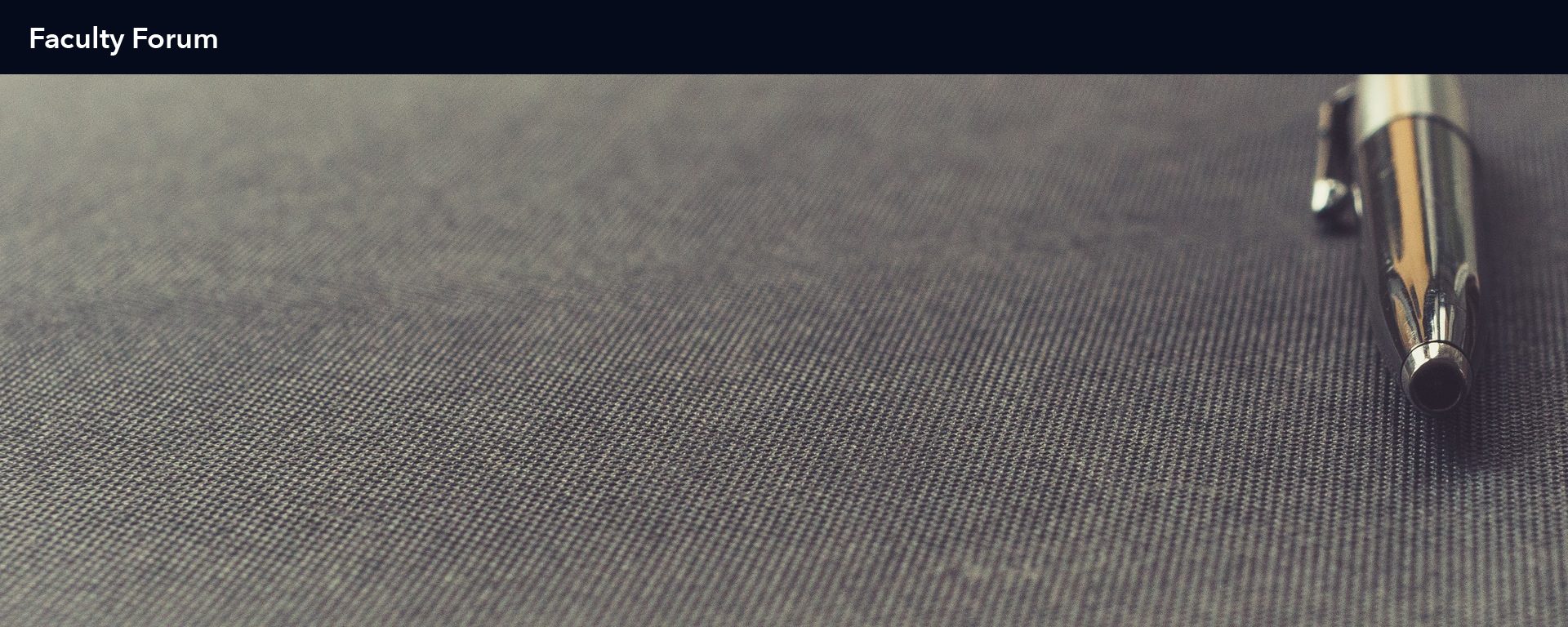Student Writers Win Awards at Goodwin Humanities Festival
by Randy Laist, Professor of English, Goodwin University
The act of writing is a powerful thing. It can communicate perspectives, plumb the depths of the human soul, and build new worlds out of empathy and ideas. Two winners of the 2021 Goodwin University Nonfiction Essay Awards, David Lamontagne and Christopher Laraia, use their writing to do all of these things. Both student writers have won the award for telling stories about their lives that examine some of the most harrowing challenges that human beings can experience — suicidal depression and substance dependency — while also using their stories to promote healing and to inspire hope.
David Lamontagne lives in Douglas, Massachusetts, and is currently enrolled in Goodwin’s Funeral Service program. His award-winning essay begins by describing how his work in the funeral industry has presented him with the heartbreaking spectacle of the shattered lives left behind when someone commits suicide. David then proceeds to tell the story, in intimate, haunting detail, of his own history of depression. At one point, David explains, he was ready to kill himself by leaping off of a cemetery wall into oncoming traffic, when a concerned friend happened to call and literally “talked him off the ledge.” The impact of this profound experience provides him with deep insight when it comes to depression and suicide. Explaining why he wrote his essay, David says, “Survivors need to tell their stories. Although it was hard to admit to myself and others of my feelings on that day, reaching out for help changed my life. I would hope that if others can see there are people that care, then they may reach out and ask for the help that might save their lives.” David is currently developing his essay into a nonfiction novel.
Christopher Laraia lives in Newington, Connecticut, and is pursuing an associate degree in Human Services. His award-winning essay, which he wrote as the final paper for a section of English 101 taught by Dr. Phil Fox, is a research paper rather than a personal narrative, examining the most effective ways to interact with a loved one who is suffering from substance dependency. In addition to citing psychological research to make his case, however, Christopher also shares his own experiences as someone who has personally struggled with substance dependency. In a way that parallels David’s determination to use his experiences with depression to help others cope with sadness and bereavement, Christopher’s essay draws out his personal experiences in the interest of emphasizing how important it is to recovery that loved ones behave non-judgmentally. Christopher reveals that the key to his successful recovery was the fact that his mother and grandmothers never gave up on him, never treated him as though he were less than human, and inspired him to believe in his own future. Since he has recovered, he has committed himself to helping others fight addiction and to reducing the stigma associated with substance abuse disorder.
David and Christopher will formally receive their awards at a ceremony in Goodwin University’s Community Room at 2 pm on October 22. The ceremony is part of a three-day Humanities Festival at Goodwin University, a celebration of the thoughts and feelings that make us human, and all of the forms of expression through which we communicate our inner truths to the outer world. David and Christopher’s essays exemplify the spirit of the humanities, as well as the essence of the human spirit itself.

Randy Laist is a professor of English at Goodwin University. He is the author of Technology and Postmodern Subjectivity in Don DeLillo’s Novels (2010), Cinema of Simulation: Hyperreal Hollywood in the Long 1990s (2015), and The Twin Towers in Film: A Cinematic History of the World Trade Center (2020). He is also the editor of Looking for Lost: Critical Essays on the Enigmatic Series (2011), Plants and Literature: Essays in Critical Plant Studies (2013), College in the Movies: Representations of Higher Education in Cinema (2018), Excavating Indiana Jones: Essays on the Films and Franchise (2020), and Imagining the 1980s: Representations of the Reagan Decade in Popular Culture forthcoming).

